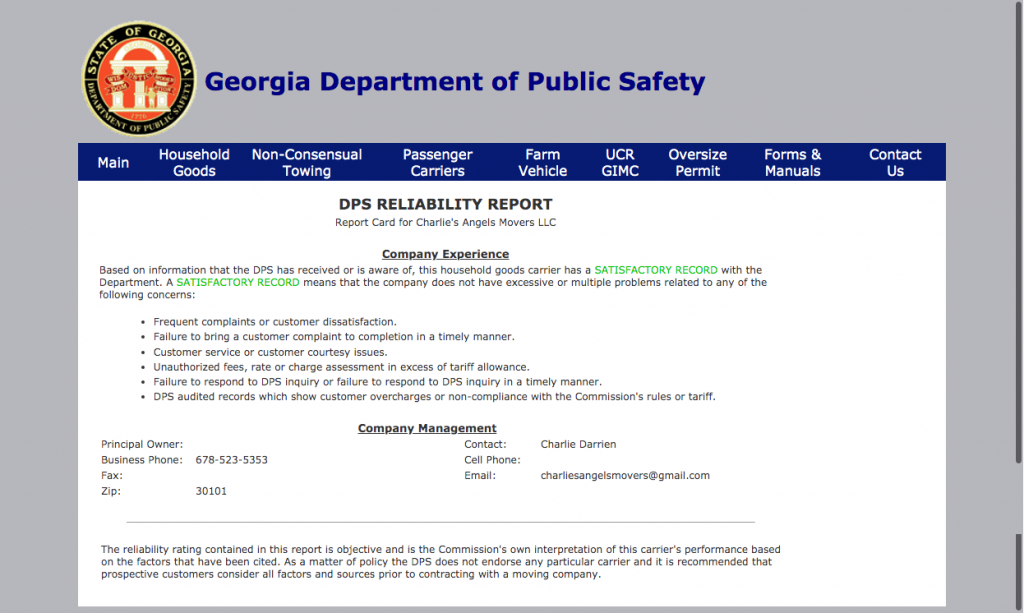AIRCRAFT
WE ONLY USE THE BEST AIRCRAFT
Whichever aircraft you pick for your next flight, rest assured that it exceeds the strictest private jet safety standards in the industry. Every jet undergoes thorough safety inspections and maintains up-to-date maintenance records. If your jet does not meet our safety expectations, we will not let it off the tarmac. Below you will find a list of the kind of aircraft we employ for our amazing customers.
TURBO PROP
Beechcraft Baron G58
Beechcraft King Air 350i
Cessna Grand Caravan
Daher TBM 940
King Air 90
Piaggio Avanti EVO
Pilatus PC-12
Piper M500.
Quest Kodiak
Socata TBM 700/930
LIGHT
Beechcraft Premier I
Cessna Citation CJ3+
Citation V/Ultra/Encore
Embraer Phenom 100
Hawker 400XP
Learjet 40/45
Westwind II
VERY LIGHT JET
Beechcraft Premier I
Cirrus Vision Jet
Citation Mustang
Eclipse 500
Embraer Phenom 300
HondaJet
MID-SIZED JET
Cessna Citation XLS
Hawker 800/850/900
SUPER MID
Challenger 300
Challenger 350
Citation Sovereign
Citation X Elite
Embraer Legacy 500
Embraer Praetor 600
Falcon 20
Falcon 2000
Falcon 50EX
Gulfstream G280
Hawker 1000
Hawker 1000B
Hawker 4000
HEAVY & LARGE
Bombardier Challenger 300/350
Bombardier Challenger 605/650
Bombardier Global 5000/6000
Dassault Falcon 7X/8X
Dassault Falcon 900LX
Embraer Legacy 650
Embraer Lineage 1000E
Gulfstream G450
Gulfstream G550
Gulfstream G650/G650ER
AIRLINER
Airbus A320
Airbus A330
Airbus A340
Airbus A380
Boeing 757-200
Boeing 767-300ER
Boeing 777-200LR
Bombardier CRJ Series 700/900
Embraer 190/195

